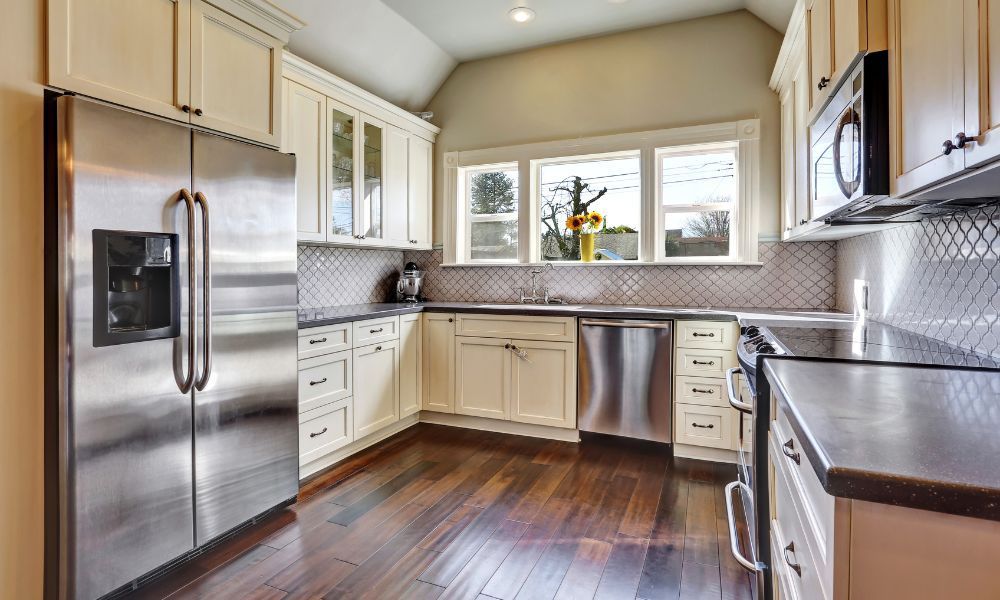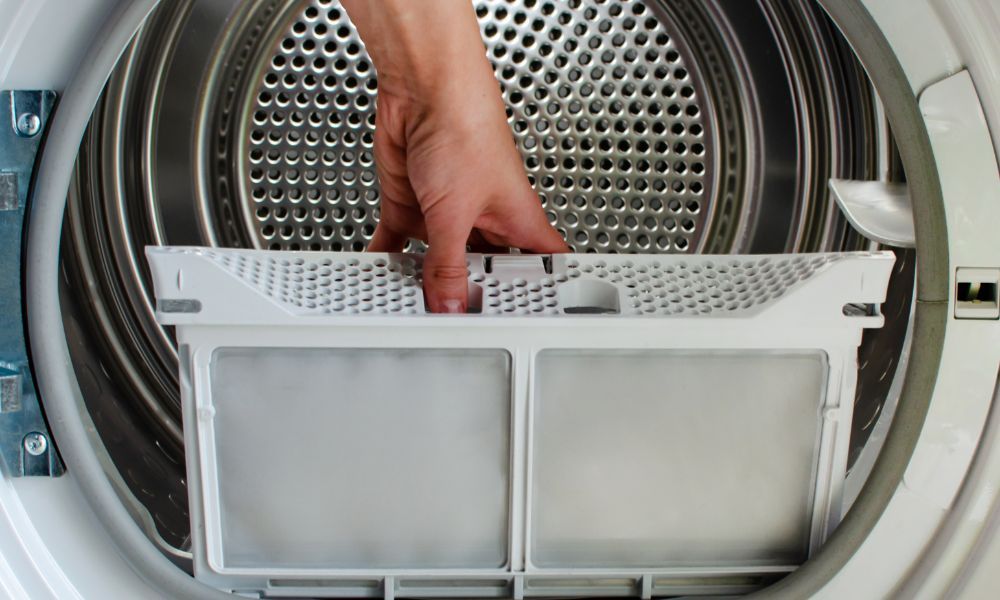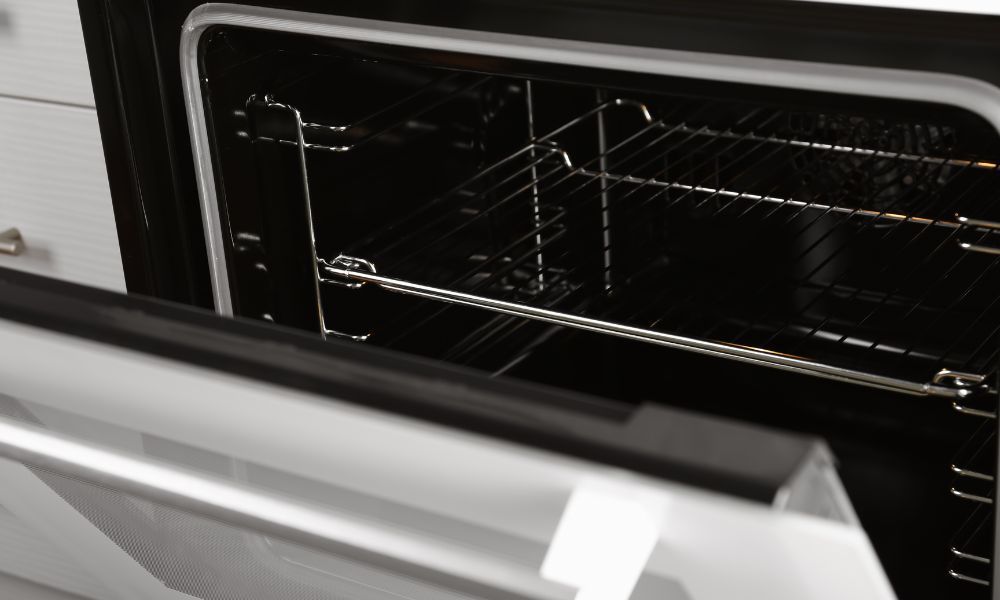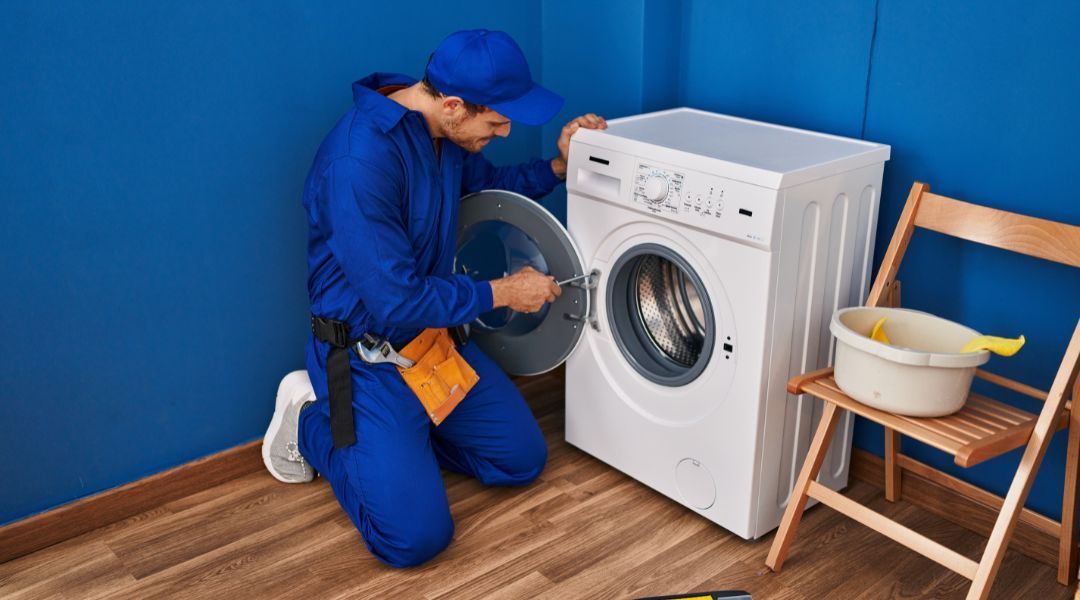4 Reasons Why a Refrigerator Stops Cooling

If your refrigerator has ceased to perform its primary cooling function, don't panic just yet. You can often trace this common household problem to a few typical causes. We’ll discuss four reasons why a refrigerator stops cooling. We'll also provide some actionable advice on the steps you can take next.
Power Source Issue
The first common reason your fridge might stop cooling is a power source issue. It seems elementary, but in some cases, the refrigerator might have become unplugged, or the power may have turned off. If you notice that your refrigerator isn't cooling and the light isn't coming on when you open the door, this could be a sign of such a problem. A simple check on the power cord, outlet, and circuit breaker can solve this issue. An accidental nudge could dislodge the plug or flip the switch on a power strip. Also, bear in mind that power outages or trips in your home electrical system can disrupt your refrigerator's operation.
Vent Blockage
The vents inside your fridge are essential for proper airflow, distributing cold air throughout the unit to maintain an optimal temperature. If these vents become obstructed, that can prevent the proper circulation of cool air, causing your fridge to warm up. One common cause of vent blockage is an overcrowded fridge. Storing too many items in your fridge can inadvertently block these vents, particularly if items are directly in front of them. It's crucial to manage your fridge's space effectively, ensuring it's not too full and that no items are directly obstructing your vents.
Thermostat Issue
The thermostat controls the refrigerator's cooling system, regulating the temperature inside the unit. If your fridge's thermostat is at too high of a setting, it can prevent the appliance from maintaining an optimal, colder temperature. Similarly, if the thermostat is faulty, it may fail to signal the compressor to start cooling, leading to a rise in internal temperatures. It's essential to ensure your fridge's thermostat is at the right level, usually around 37 to 40 degrees Fahrenheit for the fridge and 0 degrees Fahrenheit for the freezer. If you're uncertain of the settings, refer to your appliance's user manual.
Dirty Condenser Coils
The fourth reason your fridge might not be cooling correctly could be dirty condenser coils. These coils are typically at the back or the bottom of your refrigerator. They help dissipate heat as the refrigerant passes through them. Over time, dust, pet hair, and other debris can accumulate on the coils, reducing their efficiency and impeding the heat dissipation. When this occurs, your refrigerator might struggle to maintain the desired temperature, resulting in a warming trend inside the unit. Experts advise cleaning the condenser coils every 6 to 12 months to maintain optimal functionality.
Now that you know some common reasons your fridge isn't cooling properly, you can take the necessary steps to identify the issue. If you’re looking for a refrigerator repair service, contact Local Home Appliance today. With a proactive approach to maintenance, you can extend the lifespan of your refrigerator and prevent unexpected and inconvenient breakdowns.
You might also like
Book a Service Today
We will get back to you as soon as possible
Please try again later



